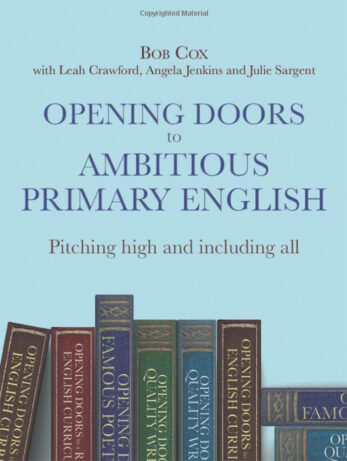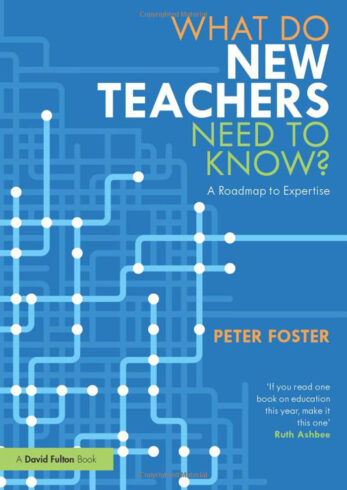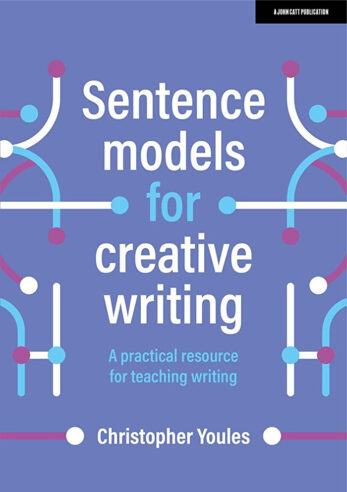Publisher
Routledge
ISBN 10
1032168692
Published
29 May 2023
There is no denying the mental health crisis schools are facing and the particularly worrying picture that is evident for boys. In terms of solutions, the golden threads of this book – that we need to unlearn some of our most rehearsed habits and beliefs, that clear teaching is key and that role modelling is more important now than ever before – come together in a neat framework for moving forward.
The book’s introduction makes a strong case for the need to focus on the wellbeing of boys, and the pages that follow scream confirmations of that fact. The experiences shared are vast and Pinkett’s recognition of his own position throughout the book are a reminder of the unusual nature of diversity, equity and inclusion (DEI) work. It is a journey more than a destination, and work we cannot detach our personal lives from.
Pinkett offers a range of evidence to support the view that improving boys’ mental health and wellbeing in schools cannot be seen as the role of a lone male in a department or a singular DEI lead. Instead, it must part of the entire school culture, from PSHE and tutor time to parental engagement and daily interactions. Responsibility must be shared to create a culture that prioritises the wellbeing of all.
I was pleased to see Pinkett’s emphasis on explicit teaching of the habits we need to see in boys. High-quality teaching is one of the most valuable parts of school life, and to improve the mental health and wellbeing of boys we must express teach these topics and review all of our teaching to consider any accidental failures we are committing.
The book is studded with lesson plans and recommendations for organisations who can support this. In addition, the importance of diversifying the curriculum to include positive examples of male experiences and identities and the significance of teachers as daily role models are all tangible, low-cost ways for schools to deliver better outcomes for boys’ wellbeing.
At times, my response was more emotive than I had anticipated
At times, my response to some of the bleak statistics and experiences Pinkett shares was more emotive than I had anticipated. I found myself questioning whether the shared interests I happen to have with my daughter mean that we have practised some talking skills that my son and I haven’t.
Similarly, I know that I don’t ask my classes for “two strong lads” to move some boxes for me, but I’m sure I have commented on how much older or taller students look after the summer. Rightly, Pinkett points out that this “…suggest[s] that bodies are an acceptable object of praise or negativity” and that the impact of such comments for boys (whether comments are aimed at them or they witness it) can be incredibly damaging.
I tend to scribble my takeaways down when reading and in this case I needed two lists: one as a parent and another as a teacher. That felt like good value for money to me!
It was refreshing to see space given to specific groups – such as Black-African/Caribbean boys, GRT boys and LGBTQ+ people. The recognition that true inclusivity and progress for boys cannot be achieved if we do not consider the individual experiences of young people in our care was clearly presented and Pinkett’s outward-looking approach added authenticity to the chapters where these experiences featured.
However, there were aspects of the bookthat didn’t reflect this intersectionality. For example, GRT and Black-African Caribbean experiences are explored in some depth in a chapter on exclusions. But while Pinkett rightly notes that “both groups […] are excluded because in many schools they don’t feel included”, the lack of explicit engagement with the experiences of these boys outside of this chapter leaves some unanswered questions.
‘Boys Do Cry’ offers multiple windows into the experiences of boys and young men. It is a compelling argument that everyone benefits when we prioritise male mental health and wellbeing. It does leave some important questions around intersectionality and some nuanced experiences, but DEI work is a journey, not a destination. This book is a significant milestone on that journey.







Your thoughts